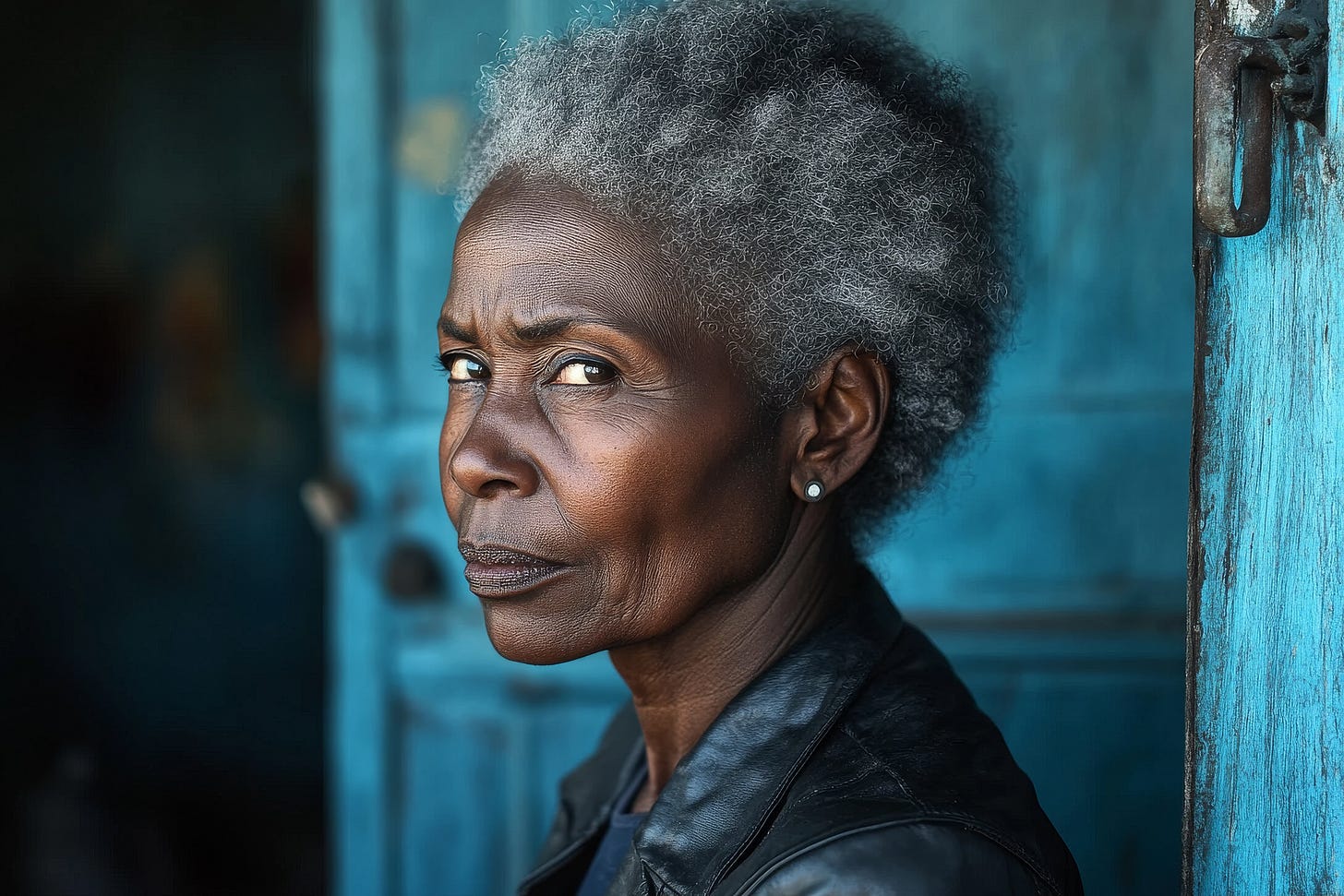The global rise in right-wing governments, escalating hate crimes, and attacks on democracy are reshaping the travel landscape in ways that can no longer be ignored. From the streets of European capitals to rural towns in the U.S., political rhetoric and policies have emboldened individuals and groups who thrive on division. As the possibility of a second Trump administration looms, concerns about heightened hostility and intolerance are growing in America and beyond.
For older adults, particularly African Americans, this changing environment can feel daunting. But travel—whether for leisure, family, or cultural exploration—remains a vital way to connect with the world and enrich lives. While challenges exist, there are ways to navigate these complexities and continue exploring safely and confidently.
Understanding the Risks
- Rising Hate Crimes Globally: Countries like Italy, Hungary, and Poland have seen sharp increases in racially and politically motivated attacks. For travelers of color, this can manifest in everything from microaggressions to overt hostility.
- Domestic Concerns: In the U.S., divisive politics and the mainstreaming of hate groups create risks, particularly in certain regions. African Americans, LGBTQ+ travelers, and other marginalized groups are often targeted.
- Erosion of Rights: Travel freedoms, like the ability to protest, speak freely, or express one’s identity, may be limited in certain destinations as authoritarianism tightens its grip.
Staying Safe While Traveling
Despite these challenges, with the right strategies and mindset, African Americans and other older adults can continue to explore the world. Here’s how:

1. Research Your Destination Thoroughly
- Domestic Travel: Know the sociopolitical climate of the area you’re visiting. For example, while many urban areas may be safe, smaller towns in states with active hate group presences could require additional caution.
- International Travel: Look up human rights and hate crime trends in your destination country. The U.S. Department of State’s travel advisories often provide insight, but supplement this with news from trusted international sources.
2. Choose Accommodations Wisely
- Opt for hotels or rentals in areas known for their inclusivity. Larger hotel chains often have standardized policies against discrimination, offering a safer option than smaller, locally run establishments in regions with questionable practices.
- Review travel apps and forums such as Airbnb, TripAdvisor, or Black-focused travel communities like Nomadness or Travel Noire, where other Black travelers share their experiences.
3. Be Aware of Local Laws and Customs
- In countries experiencing authoritarian shifts, laws around protests, freedom of speech, and LGBTQ+ rights may be restrictive. Be cautious about discussing political topics in public and respect local customs.
- Learn about local attitudes toward race and diversity. A country’s tourist-friendly exterior doesn’t always reflect its societal realities.
4. Travel with a Group
- There’s safety in numbers. Traveling as part of a group—whether with family, friends, or organized tour groups catering to older adults or African Americans—provides a layer of security.
- Look into Black-owned travel agencies or tour operators that focus on cultural heritage tours and are mindful of safety concerns.
5. Stay Connected
- Share your itinerary with trusted loved ones, check in regularly, and use apps like Find My Friends or Google Maps to stay locatable.
- Have local emergency contacts and know the location of your country’s embassy in case you need assistance abroad.
6. Carry Documentation
- Keep copies of your passport, visa, and travel insurance both physically and digitally. In some regions, you may also need proof of vaccination or other documentation to avoid conflict with authorities.
7. Trust Your Instincts
- If a place or situation feels unsafe, leave immediately. Don’t let politeness or curiosity override your personal safety.

Embrace the Spirit of Resilience
Travel has always been an act of defiance and resilience for African Americans, particularly older adults who carry the legacy of navigating spaces not always designed for their inclusion. From the Green Book era to today, Black travelers have demonstrated ingenuity and courage in exploring the world.
The current political climate is another chapter in this history. By staying informed, taking precautions, and leaning on supportive communities, African American travelers can continue to reclaim spaces and write their own narratives—both at home and abroad.

Resources for Safer Travel
- Travel Noire: A community for Black travelers, offering insights on destinations, safety tips, and personal stories.
- Nomadness Travel Tribe: A diverse travel group fostering safe travel experiences.
- Black & Abroad: Focuses on culturally conscious experiences and Black-owned businesses globally.
- U.S. Department of State: Provides travel advisories and safety updates for international destinations.
Final Thoughts
The world may feel more uncertain than ever, but it’s also full of beauty, connection, and opportunity. For older African Americans, traveling is not only a way to see the world but also a reminder of their strength and place in it. By approaching each journey with preparation and awareness, you can ensure your travels remain enriching and empowering, even in challenging times
What We’re Watching

.
What We’re Reading

‘The Disneyland of American grocery stores’: How Trader Joe’s became a tourist hot spot
Thinking About Dual Citizenship Right Now? These Countries Make It Easy.
What Will Happen to Social Security After Trump Takes Office?
Trump, Republican Congress Health Care Proposals Could Pose Risks to Access and Affordability


